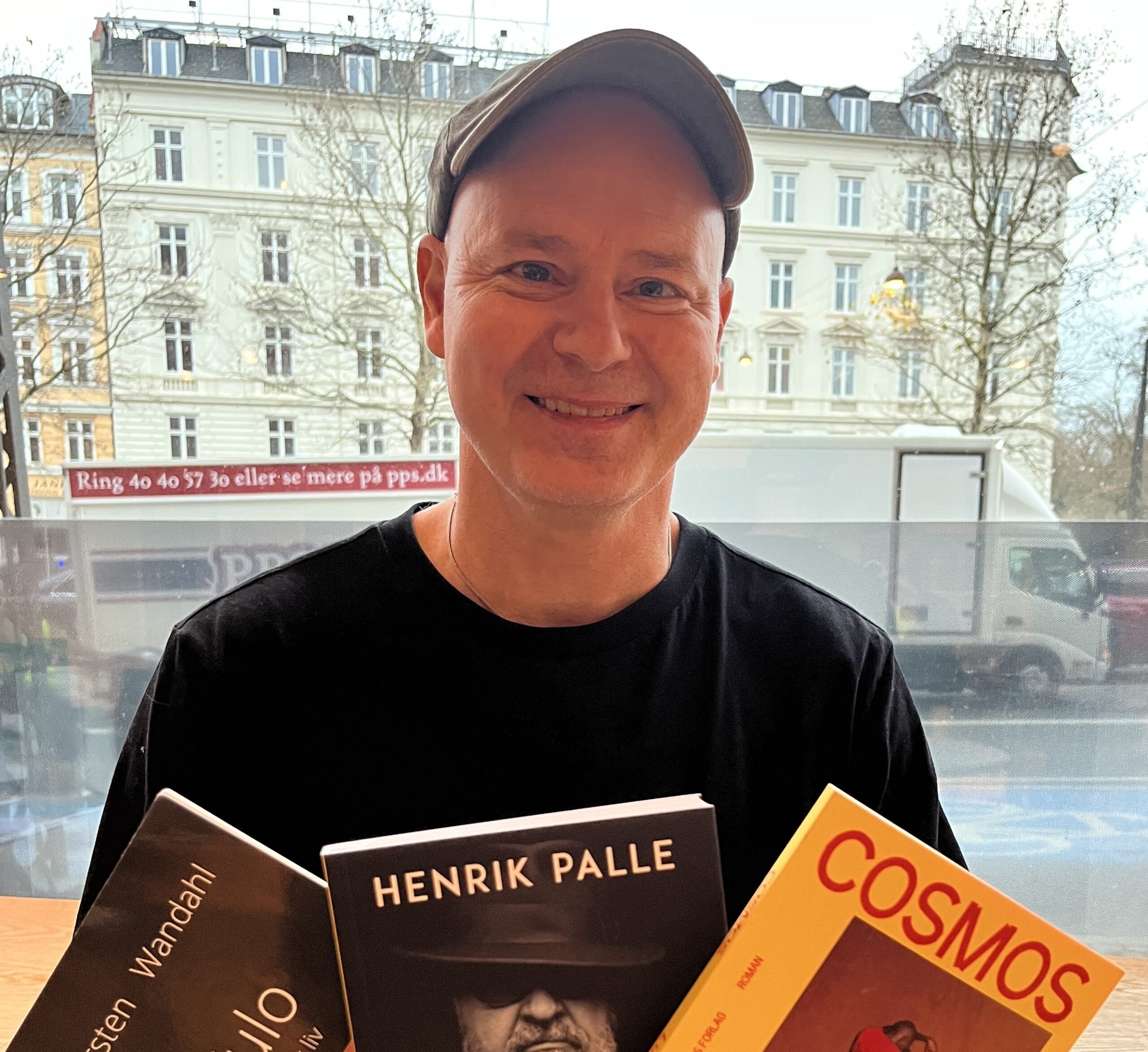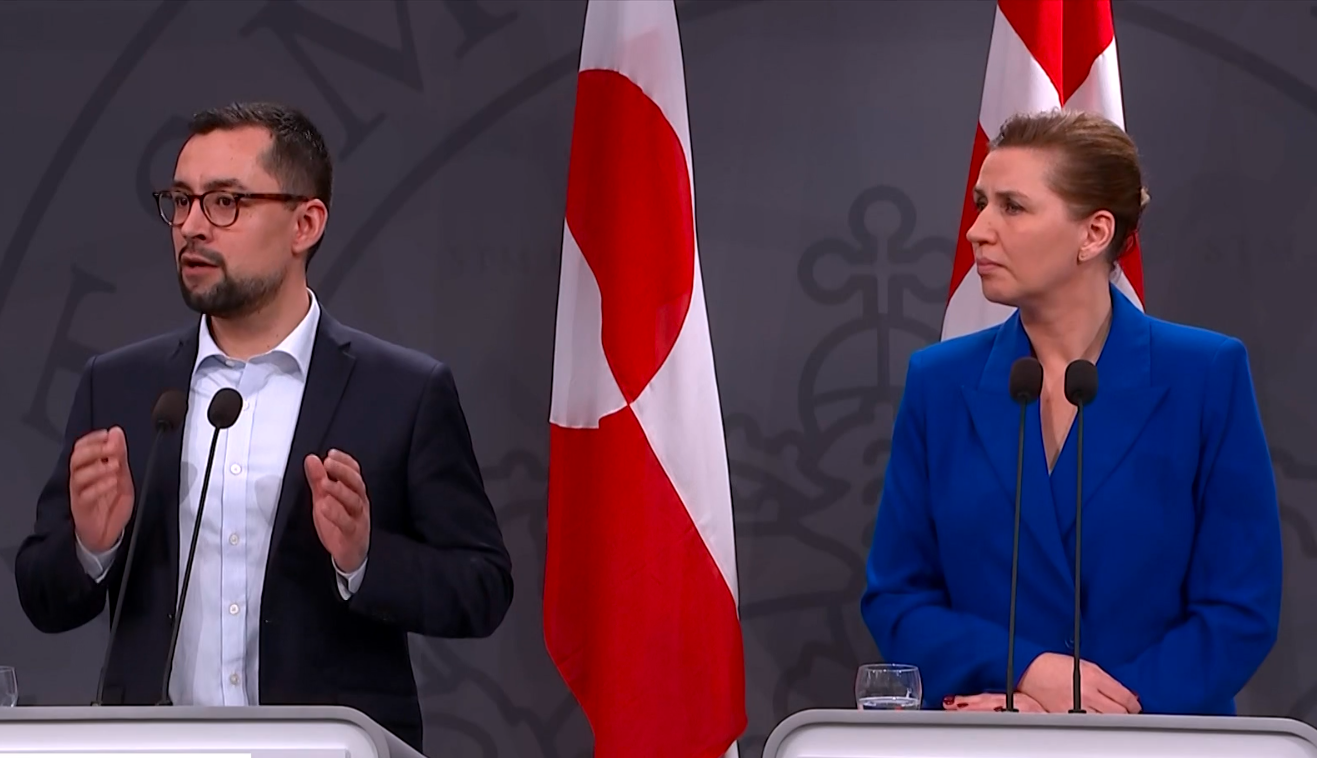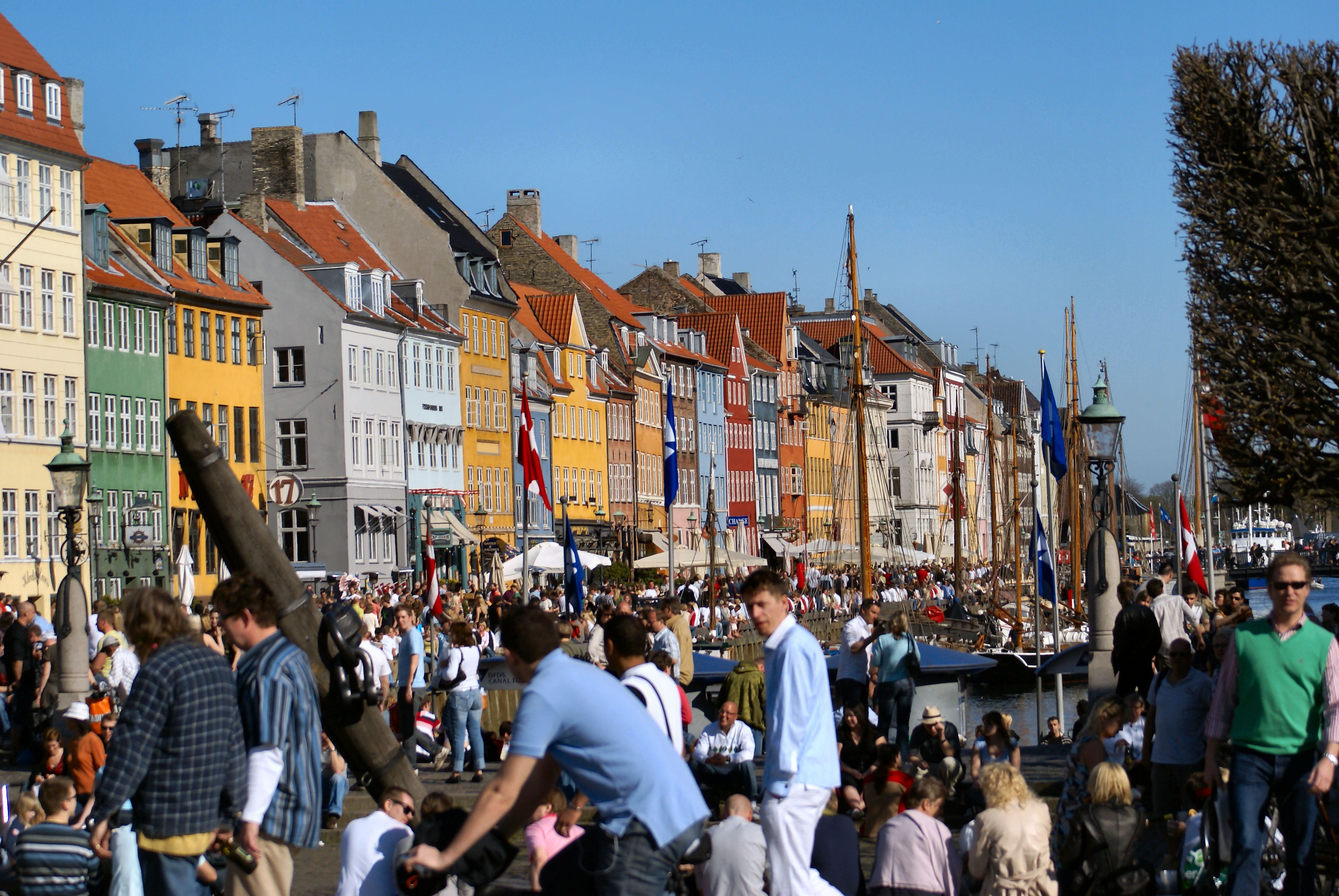As a foreigner, what was your first impression of Denmark? What were your thoughts, feelings and expectations? My first memory was of the flickering light and shadows that played about the train as it trundled under and through central Copenhagen. It was a wet September night and I had arrived here for love and to dance. I was 23.
Fernanda Milán was around the same age when she first came to Denmark in 2010 from Guatemala. She is trans-woman: born a physical male with a female gender and identity. Her introduction to the country was somewhat different. Despite her female appearance, she was placed in the male section of Sandholm Asylum Centre. Here, in this refugee camp just outside Copenhagen, she was gang-raped. Her first impression certainly places my own, and perhaps yours too, into the category of the quaint and the spoilt.
I am writing about Fernanda this month for three reasons. First, she faces being deported back to Guatemala where she fears certain persecution and possible death. Secondly, her deportation is illegal according to international law. Thirdly, it highlights an interesting statistic – countries that strongly advocate the rights of the Lesbian, Gay, Bisexual and Transgender community (LGBT) are also the countries in which the least social violence occurs.
For Fernanda to be deported to Guatemala is a frightening thing.
“Violence against women and minorities is widespread in Guatemala, and it is repeatedly shown that state authorities, such as the national police PNC, have been involved in sexual violence and killing, not least prostitutes, homosexuals and transgenders,” said Ninna Nyberg Sørensen, a senior researcher at the Danish Institute for International Studies. “This violence has been articulated as ‘social cleansing’, and has often been been carried out with political support.”
The persecution Fernanda faces is not from some street gang or marginalised violent social group. This is organised endemic persecution executed by those who guard the airport and the streets and make legislation.
International law clearly states that the deportation of person or persons is illegal in cases where they are likely to be tortured, brutalised or killed. This is clearly the case with Fernanda. It makes the decision of Flygtningenævnet, the government’s refugee board, which has judged she should return to Guatemala, both illegal and, in my opinion, morally wrong.
Do you like living in a peaceful country, but don’t like gay or transgender persons? Please consider the following. Whether you are pro-LGBT, gay marriage or alternate lifestyles, the fact remains that your life and the lives of your children are safer in a country where LGBT rights are held in high regard. There is a statistical correlation between LGBT rights and peaceful societies. The top 20 countries when it comes to human rights are, in the main, the same countries that score highly on the Global Peace Index and have the least violence. They are also the countries where the LGBT lifestyle has the most freedom. This is not supposition, opinion or conjecture as the numbers don’t lie. Fernanda’s struggle represents not only a fight for her freedom, but for freedom and peace in general.
The decision for Fernanda’s forced repatriation is either a serious mistake, or a decision taken in the full knowledge of what is most likely to happen to her should she return.
If it is a mistake and the result of poor research, then it can still be rectified. On September 17, Fernanda was due for deportation. She received a reprieve and her case will now be reviewed. As this article goes to print, she is still in Denmark, although for how long is not yet clear.
If the decision is a conscious one, then it casts a nasty shadow over Denmark’s current goody two-shoes standing as one of the most human rights-friendly countries in the world. Should Fernanda’s case fail, then it will not only be a travesty of justice, but a travesty for Denmark.
To support and find out more about Fernanda Milán, visit www.tlounge.dk. For information on human rights and peace statistics, check out the CIRI Human Rights Data Project and the Global Peace Index.












